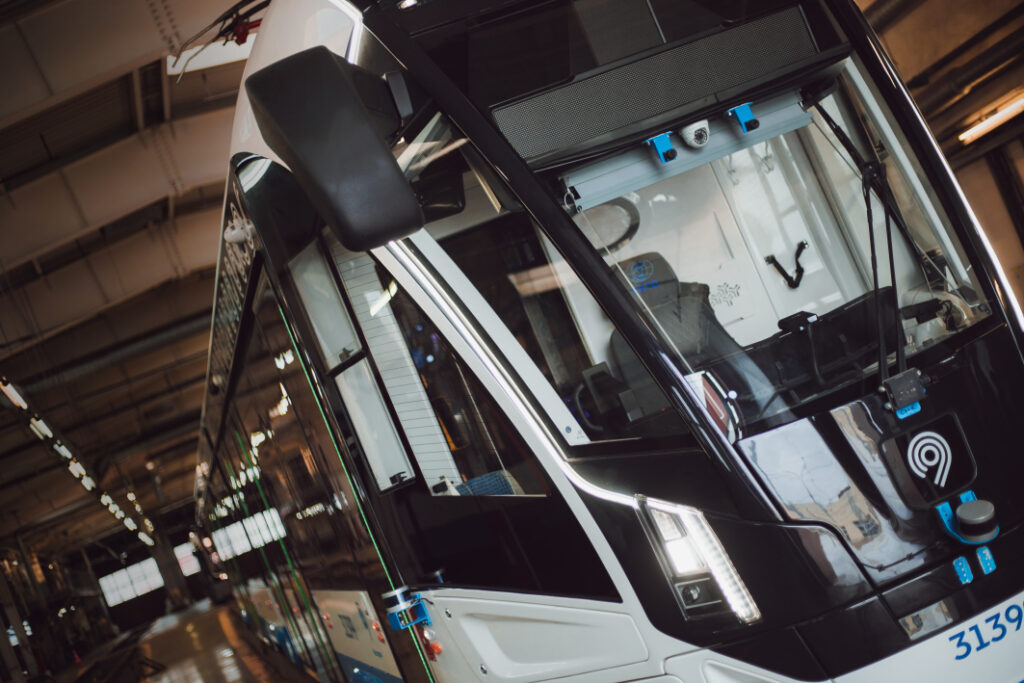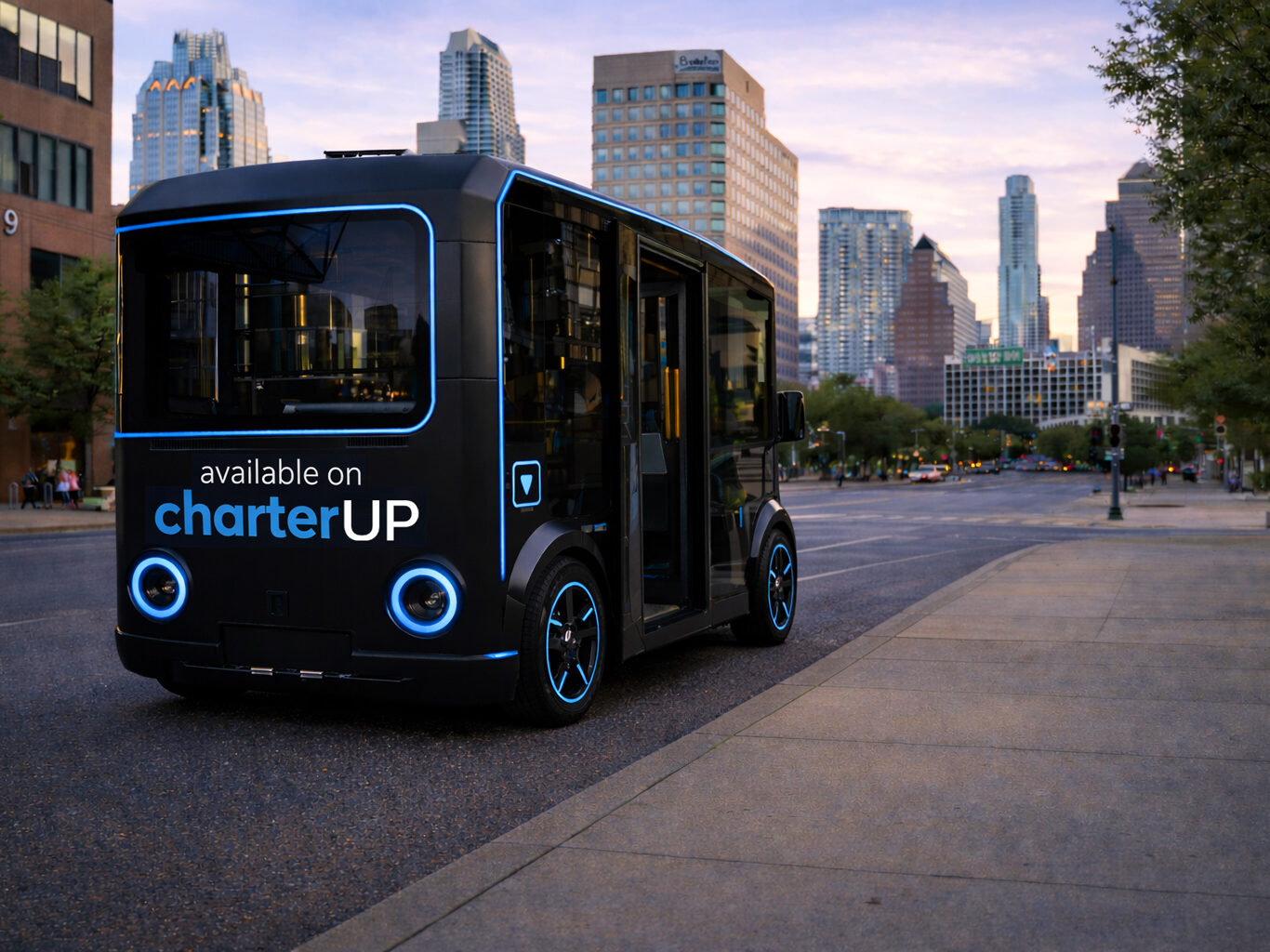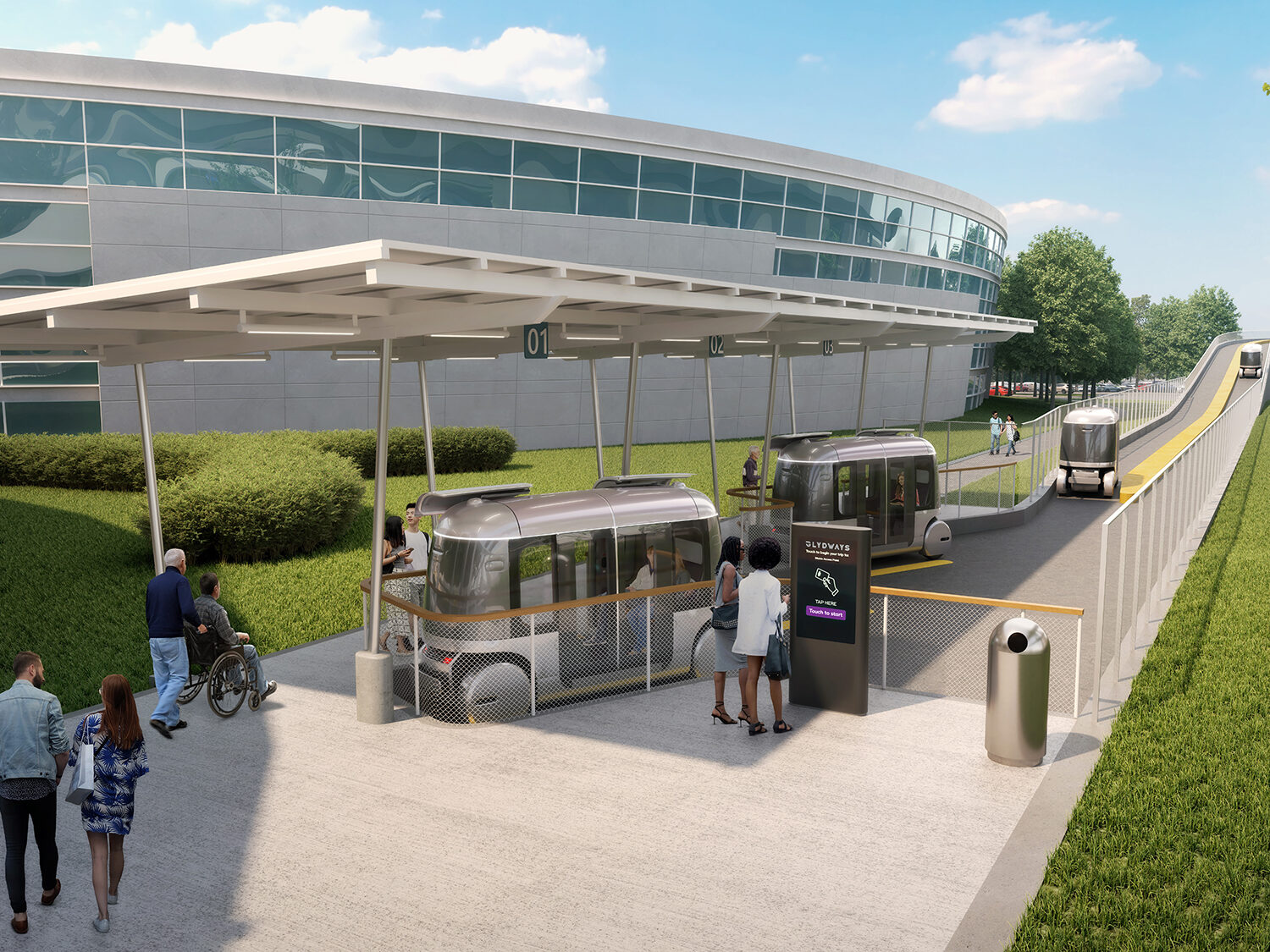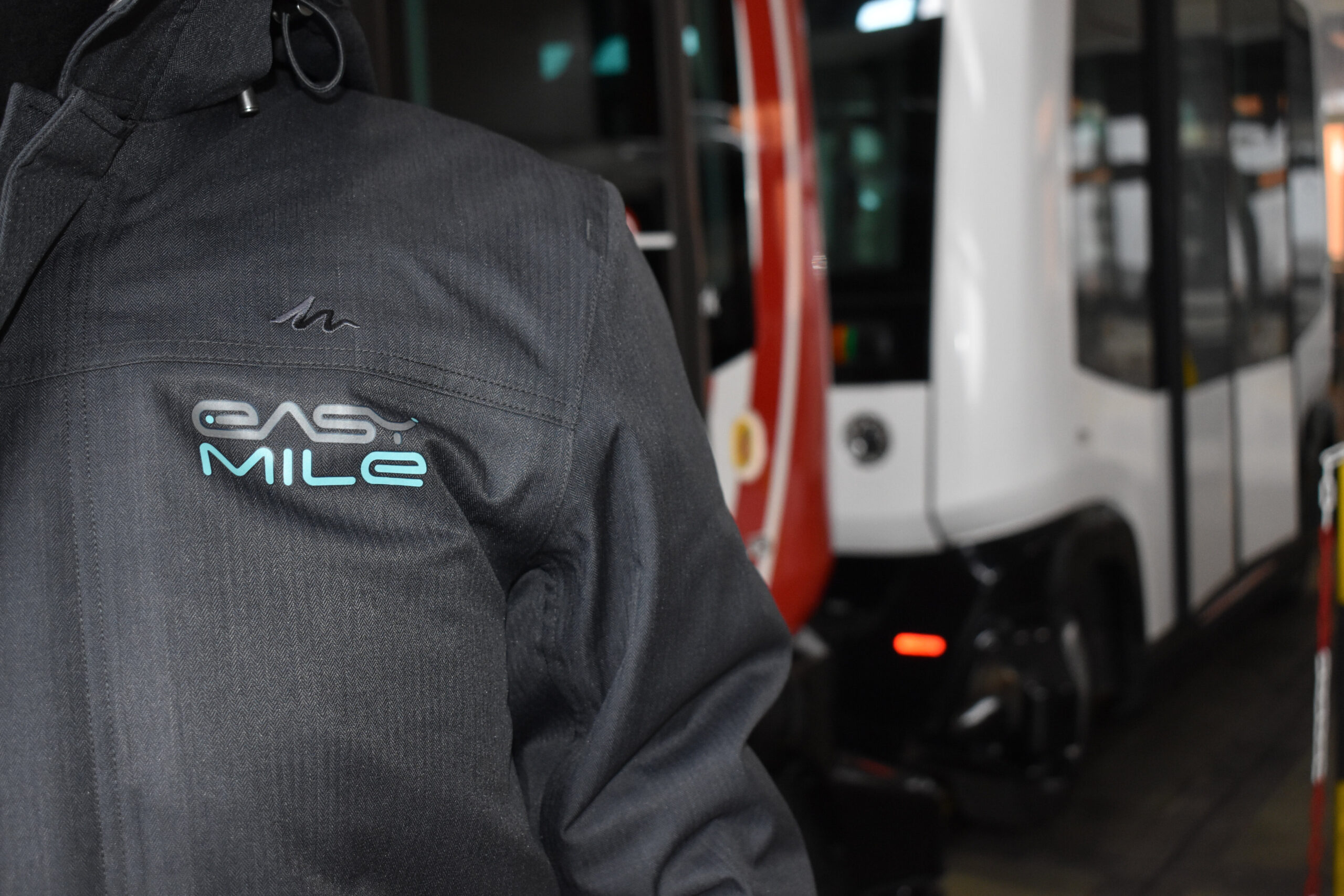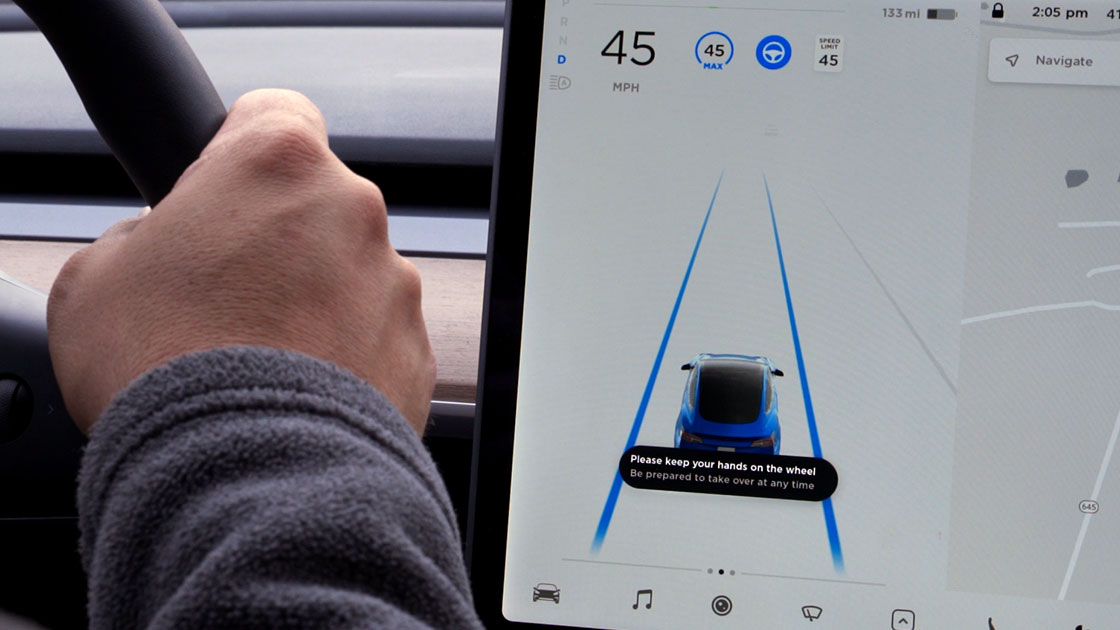Maksim Liksutov, the Deputy Mayor of Moscow for Transport has announced that driverless trams may be launched in Moscow in testing mode by the end of 2022.
This development marks the city’s first step towards developing efficient driverless transport, including future opportunities for the city’s railway and taxi services.
The discussion took place at the event, Robots in the City: The Future of Megacities with Autonomous Transport, held by the Noôdome community in Moscow. During the event, Maksim Liksutov outlined that Moscow Transport is working to enable driverless transport throughout the city, but acknowledged that it may be 10–15 years before fully driverless vehicles are widely available.
Liksutov said:The Government of Moscow supports modern Russian-made driverless technologies. We believe in their future, but it is a matter of 10-15 years. It will be great if safe and reliable technologies come sooner.
Currently, Moscow Transport is working with Yandex to launch a driverless tram, which is planned to be tested in 2022. Testing will first take place at depots, then at night, before the tram is tested with passengers. Liksutov explained that this is a feasible project, as 80% of Moscow’s tram lines are already segregated from other road users.
Driverless technologies may also be implemented on other transport types, such as the Moscow Central Circle, if automated control technologies can be used to reduce train headway to 3 minutes or less.
Liksutov said:In Moscow Metro, the headway of trains during rush hour is 80-90 seconds. There is yet no company in Russia that can offer a solution to ensure such headways in driverless mode. We know that developments are underway, and we are very interested in them.
In addition, Sergey Sobyanin, the Mayor of Moscow, is also supporting the development of driverless taxis. The Moscow City Duma has approved the proposal to introduce testing for driverless taxis in the capital, with Yandex driverless taxis being launched on some routes throughout 2022.
It is hoped that driverless transport will solve the driver shortage problem for urban transport. However, the city will ensure that retraining and requalification programmes take place for existing drivers.
Maksim Liksutov added that it is crucial to prioritise the safety of passengers and pedestrians. The city of Moscow will therefore assist with street inspections and provide online information about public transport developments. Strict rules and regulations will be followed for all pilot projects.
Liksutov said:We are among the first to introduce the latest technologies and services in transport, including Face Pay, Virtual Troika, the city app based on the MaaS service, and the transition to electric buses. However, it should be understood that there will be no driverless transport boom in the near future, but we believe that urban transport can become the driving force. A driverless tram — this future is realistic. All this is included in Moscow's transport programme, and we are waiting for the latest Russian-made solutions and are ready to work with them in the city.

